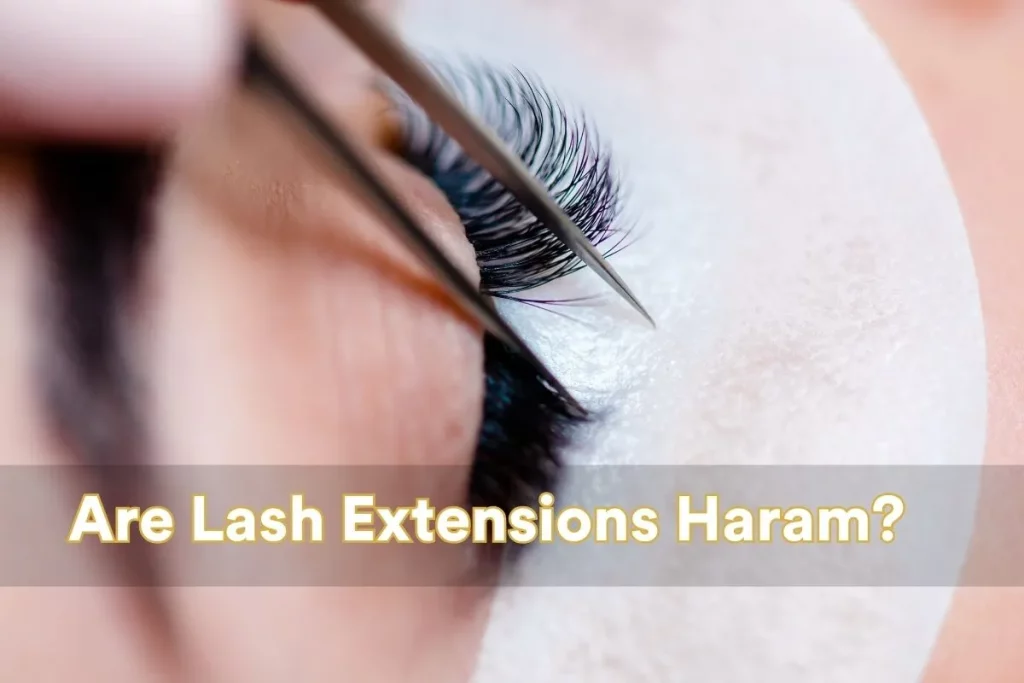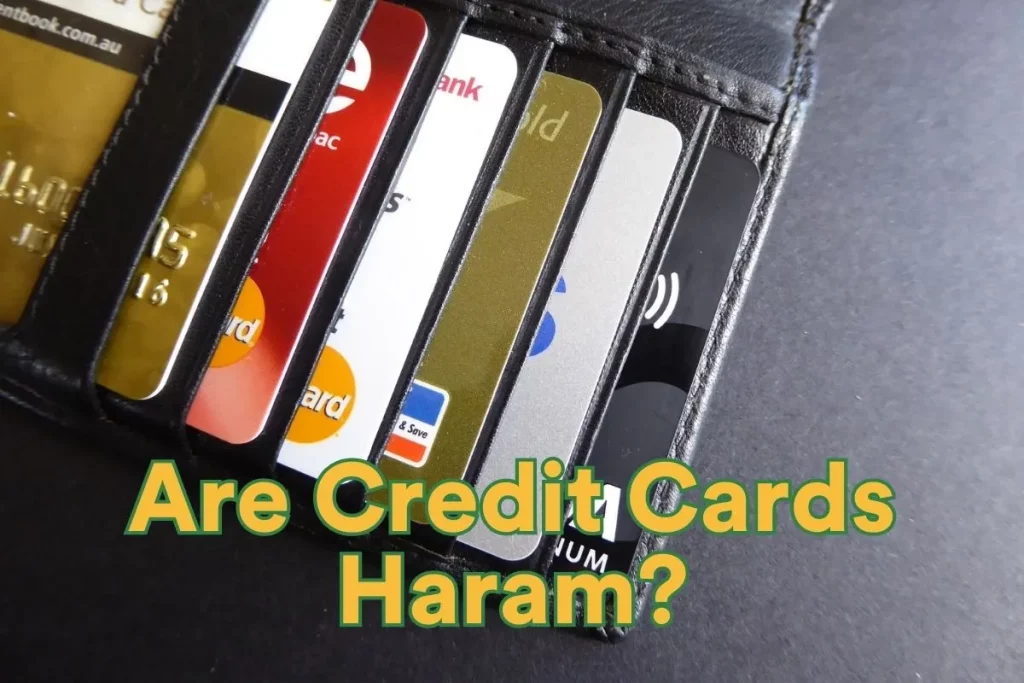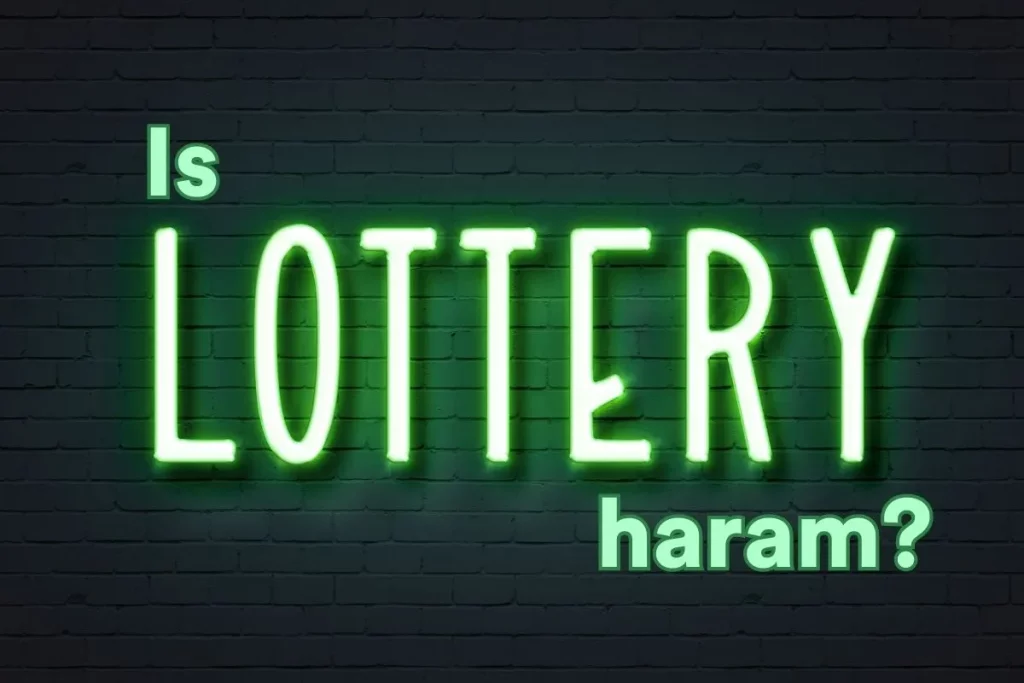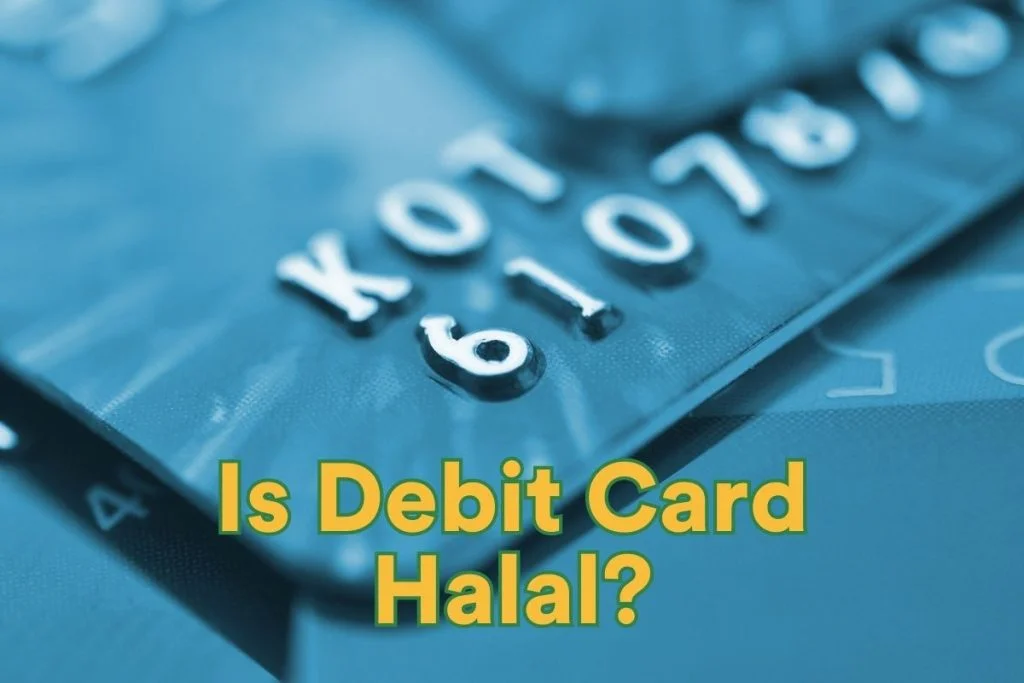In the ever-evolving landscape of beauty and personal care, lash extensions have emerged as a revolutionary trend, transforming the way we accentuate the most expressive feature of our face – our eyes. This surge in popularity naturally brings forth pressing questions rooted in faith and tradition, the most prevalent being, “Are lash extensions haram?”
As we navigate the intricate pathways of beauty enhancements intertwined with religious doctrines, we find ourselves at the intersection of faith and beauty, seeking answers that adhere to the principles of Islam.
In this article, we embark on a journey to unravel the truth behind this pertinent question, offering a deep dive into the world of lash extensions, and exploring the circumstances under which they can be considered haram or halal.
What Are Lash Extensions?
Lash extensions have taken the beauty industry by storm, offering a semi-permanent solution to achieving fuller, longer, and more defined eyelashes. This cosmetic procedure involves attaching individual fibers, which can be made from synthetic materials, silk, or mink, to one’s natural eyelashes, enhancing their overall appearance.
Materials Used
Lash extensions can be crafted from a variety of materials, each offering a unique set of benefits. Below is a table outlining the most common materials along with their characteristics:
| Material | Characteristics |
|---|---|
| Synthetic | – Durable – Offers a glossy appearance – Available in various lengths and curls |
| Silk | – Softer than synthetic lashes – Medium weight – Suitable for a more natural look |
| Mink | – Made from natural fibers – Lightweight – Offers a natural, fluffy appearance |
| Human Hair | – Mimics natural lashes perfectly – Offers a natural look – Can be more comfortable to wear |
| Animal Hair | – Can be sourced from various animals – Offers unique textures – Ethical considerations involved |
Application Process
The application process is meticulous, requiring a professional touch to ensure safety and the desired outcome. Here is a step-by-step breakdown of the process:
- Consultation: Discussing the desired look with a professional, choosing the right type of lashes, and selecting the appropriate length and curl.
- Preparation: Cleaning the eyelashes and surrounding area to create a clean base for the application.
- Application: Using a semi-permanent glue formulated to be safe for the eyes, individual lash extensions are attached to the natural lashes one by one.
- Drying Time: Allow time for the glue to dry and the lashes to set properly.
- Finishing: The technician may use a mascara wand to separate the lashes and create a flawless finish.
Maintenance
To ensure the longevity of the lash extensions, regular maintenance is essential. Here are some tips for maintaining your lash extensions:
- Regular Cleansing: Using an oil-free cleanser to keep the lashes clean and prevent buildup.
- Avoid Rubbing: Avoid rubbing the eyes to prevent the lashes from falling out prematurely.
- Regular Touch-ups: Scheduling regular touch-up appointments to maintain the fullness of the lashes.
Lash extensions offer a more permanent solution compared to daily applications of mascara or eyeliner, allowing individuals to wake up with ready-to-go, beautiful lashes every day.
By understanding the different materials available and the detailed application process, one can make an informed decision to achieve the desired look with lash extensions.
Are Lash Extensions Haram?
To answer the central question, “Are lash extensions haram?” we need to consider the materials used and the intentions behind getting the extensions.
Eyelash extensions are considered haram if:
- They are connected to impure objects, such as eyelashes derived from animals that are forbidden to consume or carcasses. This goes against the principles of cleanliness and purity in Islam.
- They are connected using human hair without the permission of one’s husband. In Islamic tradition, it is essential to maintain transparency and honesty between spouses.
- The extensions are used with the intention of deceit or violating religious principles, such as using them to attract attention in a way that is considered inappropriate in Islam.
This opinion is based on the following hadith:
أَخْبَرَنَا مُحَمَّدُ بْنُ الْمُثَنَّى، قَالَ حَدَّثَنَا يَحْيَى، عَنْ هِشَامٍ، قَالَ حَدَّثَتْنِي فَاطِمَةُ، عَنْ أَسْمَاءَ، أَنَّ امْرَأَةً، جَاءَتْ إِلَى رَسُولِ اللَّهِ صلى الله عليه وسلم فَقَالَتْ يَا رَسُولَ اللَّهِ إِنَّ بِنْتًا لِي عَرُوسٌ وَإِنَّهَا اشْتَكَتْ فَتَمَزَّقَ شَعْرُهَا فَهَلْ عَلَىَّ جُنَاحٌ إِنْ وَصَلْتُ لَهَا فِيهِ فَقَالَ
“ لَعَنَ اللَّهُ الْوَاصِلَةَ وَالْمُسْتَوْصِلَةَ ” .
It was narrated from Asma’ that:
A woman came to the Messenger of Allah [SAW] and said: “O Messenger of Allah ﷺ, a daughter of mine is going to get married. She got sick and her hair fell out. Is there any sin on me if I give her hair extensions?”
He said: “Allah has cursed the woman who affixes hair extensions and the one who has that done.”
On the other hand, eyelash extensions can be considered halal if:
- They are connected using non-impure materials that are safe and clean, such as high-quality synthetic fibers that do not violate Islamic principles of cleanliness.
- The individual obtains permission from their husband or master (in historical contexts) before getting the extensions, ensuring that the procedure is done with the knowledge and consent of the guardian.
- The primary aim of getting extensions is to enhance one’s appearance without violating religious principles, such as using them as a part of a makeup routine for personal satisfaction and not for deceitful purposes.
This opinion is based on the book Hasyiah Al-Bujairimi Syarh Minhajit Thullab, written by Sulaiman bin Muhammad bin Umar Asy Syafi’i al Bujairimi:
وأما وصلها بشعر طاهر من غير آدمي فإن أذن فيه الزوج أو السيد جاز وإلا فلا
“When a woman interlaces her hair with materials other than human hair and, for a married woman, secures permission from her husband or master (in the case of a slave), it is considered permissible. However, if she does not obtain permission, it is not allowed.“
Final Thought
In conclusion, whether lash extensions are haram or halal depends largely on the materials used and the intentions behind getting the extensions. It is essential to adhere to the principles of cleanliness, honesty, and morality as outlined in Islamic teachings when considering lash extensions. By choosing halal materials and maintaining a pure intention, one can enjoy the benefits of lash extensions without compromising their faith.
FAQ Frequently Asked Questions
Can you do Wudhu with eyelash extensions?
Yes, you can perform Wudhu with eyelash extensions as long as the materials used are halal and do not prevent water from reaching the natural lashes.
Are lash extensions considered fake hair?
Lash extensions can be considered fake hair as they involve attaching synthetic or natural hair fibers to the natural lashes to enhance their appearance.
Are lash extensions harmful to natural lashes?
Lash extensions can potentially be harmful to natural lashes if not applied correctly. It is essential to go to a certified professional to ensure the health of your natural lashes.
Is it safe to wear eyelash extensions?
Yes, it is safe to wear eyelash extensions when applied by a professional using safe, high-quality materials. It is recommended to do a patch test to ensure you are not allergic to the glue used in the process.
Can one pray with eyelash extensions?
Yes, one can pray with eyelash extensions as long as they are applied with halal materials and do not violate any Islamic principles.
Which lashes are halal?
Halal lashes are those made from materials that are considered clean and permissible in Islam, such as synthetic fibers that do not contain any impure substances. If you can’t find one, as an alternative, you can use a lash serum that functions to lengthen eyelashes.
You can try Lachestim (Eye) by Barnet Products. This product is a lipophilic extract derived from the “crystal tears” of the Pistacia lentiscus tree, designed to increase eyelash length by enhancing keratin synthesis. It is halal-certified, cruelty-free, and vegan. You can learn more about it on the Barnet Products website.
- Is Pop Tarts Halal? What You Need to Know - February 18, 2024
- Are Graham Crackers Halal in Islam? - January 19, 2024
- Is Keebler Wheatables Halal? - January 18, 2024





